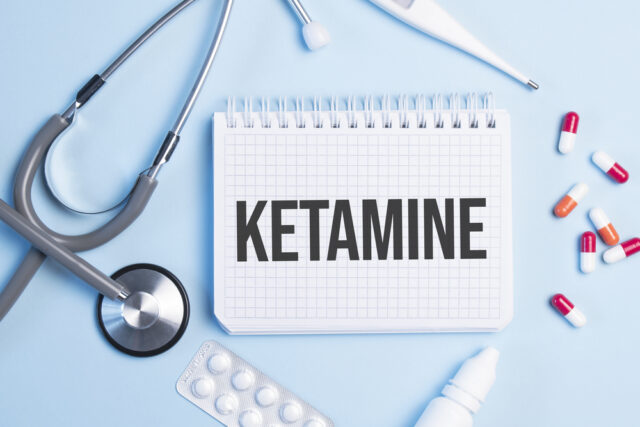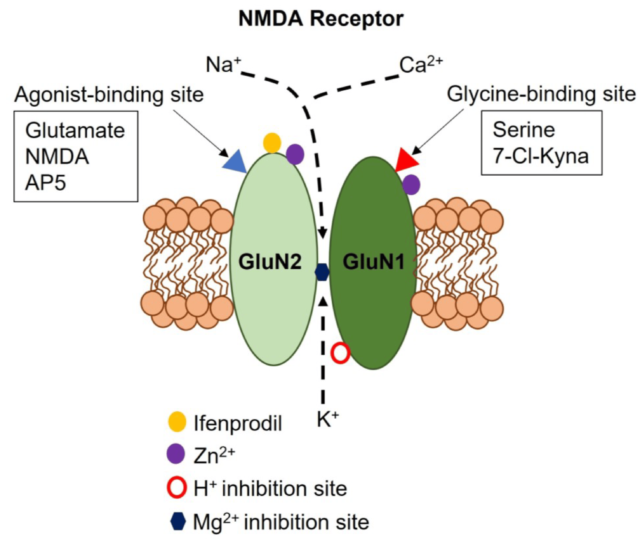The consensus of the leading researchers and thought leaders in the field of ketamine-assisted psychotherapy (KAP), including Dr. Phil Wolfson (who wrote The Ketamine Papers), Drs. Raquel Bennett, Carl Bonnett, John Krystal, Scott Shannon (and others) is that ketamine therapy should be used selectively, tailored for those with severe, treatment-resistant conditions, and ideally combined with psychotherapy for optimal effectiveness and safety.

Dr. Wolfson developed a comprehensive KAP model and is known for integrating ketamine into psychotherapeutic practices, Raquel Bennett is a clinical psychologist and ketamine therapy researcher, Dr. Bennett founded the KRIYA Institute to support the responsible use of ketamine in mental health treatment. Her work focuses on understanding the nuances of ketamine’s therapeutic effects. Carl Bonnett is known for his research on ketamine’s efficacy in treating treatment-resistant depression (TRD), Dr. Bonnett has published studies on the biochemical and psychological impacts of ketamine, and John Krysta is a researcher at Yale University where his work has been instrumental in understanding ketamine’s effects on depression, specifically its rapid action on glutamate pathways. Scott Shannon is a pioneer in the field of integrative psychiatry and ketamine therapy, advocating for its use in mental health treatment, particularly through innovative and holistic approaches to managing treatment-resistant depression.
Generally speaking, ketamine primarily works on NMDA (N-methyl-D-aspartate) receptors, a type of glutamate receptor, which helps modulate mood and cognition. By blocking these receptors, ketamine triggers a rapid increase in glutamate, promoting connections between brain cells (neurons) and facilitating faster neuroplasticity, which is essential for mood improvement. Ketamine can increase brain-derived neurotrophic factor (BDNF), a protein that promotes the growth and strength of synapses between neurons. Enhanced neuroplasticity and stronger synaptic connections help repair disrupted brain circuits involved in depression, anxiety, and PTSD, allowing patients to break free from ingrained, negative thought patterns.

Unlike SSRIs, which can take weeks to show effects, ketamine works within hours or days, which is beneficial for patients with treatment-resistant depression or those at risk of suicide. I wrote earlier about how both ketamine and lithium are the quickest methods of reducing the symptoms of depression and suicidal ideation. Ketamine's dissociative properties can create an altered state of consciousness, allowing patients to step outside their habitual thought patterns and gain new perspectives. This can be especially helpful in therapy, as patients may feel freer to explore emotions and trauma without feeling overwhelmed by them. Chronic inflammation is increasingly linked to mood disorders, and ketamine appears to reduce inflammation in the brain, which may relieve depressive symptoms for some patients. Because of these combined effects, ketamine has shown promise in treating conditions that have been historically resistant to conventional treatments, like depression, anxiety, PTSD, and chronic pain.
Should this be only used as something of a “last ditched effort” to help someone who found as unhelpful the more typical pharmacological avenues (SSRIs, SNRIs, other antidepressant medications, antipsychotic medications, or kinds of interpersonal therapy including Cognitive Behavioral Therapy (CBT), Interpersonal Therapy, Dialectical Behavioral Therapy (DBT), Psychodynamic Therapy, Behavioral Activation Therapy, Acceptance and Commitment Therapy (ACT), Mindfulness-Based Cognitive Therapy (MBCT), Eye Movement Desensitization and Reprocessing (EMDR), Group therapies or Electroconvulsive Therapy (ECT)). At this stage, it seems more related to the cost of KAT, plus the stigma of using a drug like ketamine (or hallucinogens—things the government has considered as drugs of abuse for many years) to obtain relief of symptoms. As is obvious from what I wrote above, there are many kinds of therapy available and the kind that helps many (ie, CBT), may not help this particular individual.
For example, approximately 50-75% of people with depression experience a significant reduction in symptoms after undergoing CBT. About 40-60% of individuals with depression achieve full remission (no longer meeting the criteria for depression) after CBT, particularly when combined with other treatments like medication. The effectiveness of CBT can vary depending on factors such as the severity of depression, individual motivation, and consistency in attending therapy sessions. Moreover, CBT tends to have lasting benefits, as it equips people with skills to manage depressive symptoms even after the therapy concludes, reducing the likelihood of relapse.
Some of the more typical issues that a ketamine-assisted therapist may consider as poor choices for KAT include a pre-existing problem with psychosis (and difficulty discerning reality), a history of substance abuse or addiction, severe cardiovascular conditions, pregnancy or breastfeeding, uncontrolled thyroid disorders, severe liver disease, and significant uncontrolled anxiety disorders. From that list, I disagree with the history of substance abuse or addiction as this implies that ketamine is addictive, which, in the context of using it as therapy in my office negates this issue. Plus, many alcoholics have found KAT to help remit the cravings. The cardiovascular problems arise because of how ketamine typically, transiently, can elevate a person’s blood pressure and heart rate. Uncontrolled thyroid disorders – especially a hyperthyroidism, causes even more issues relating to heart rate.
Of course, a patient should discuss any applicable topics with the doctor administering the ketamine to make sure they do not have a condition that precludes their ability to use this strategy. Please contact me if you would like me to address any specific issues.



